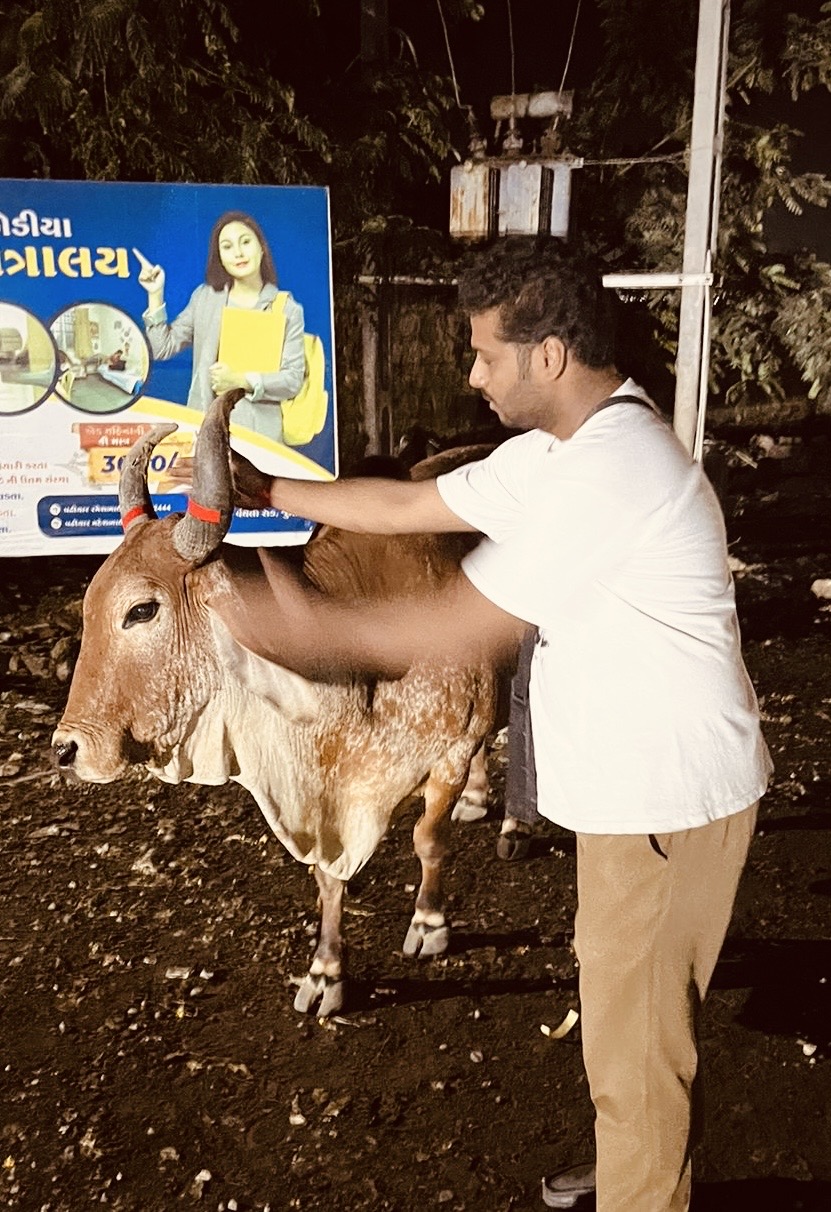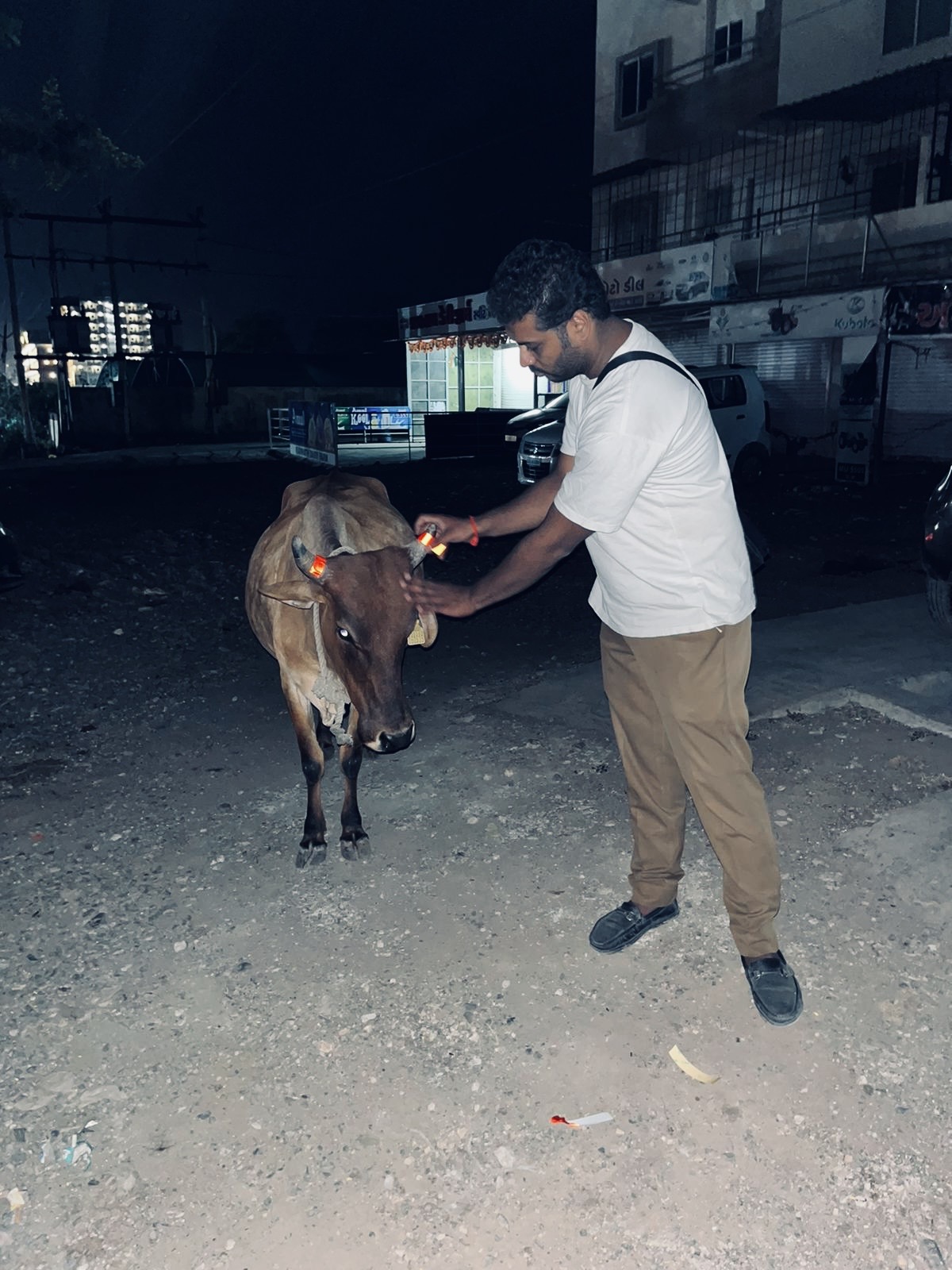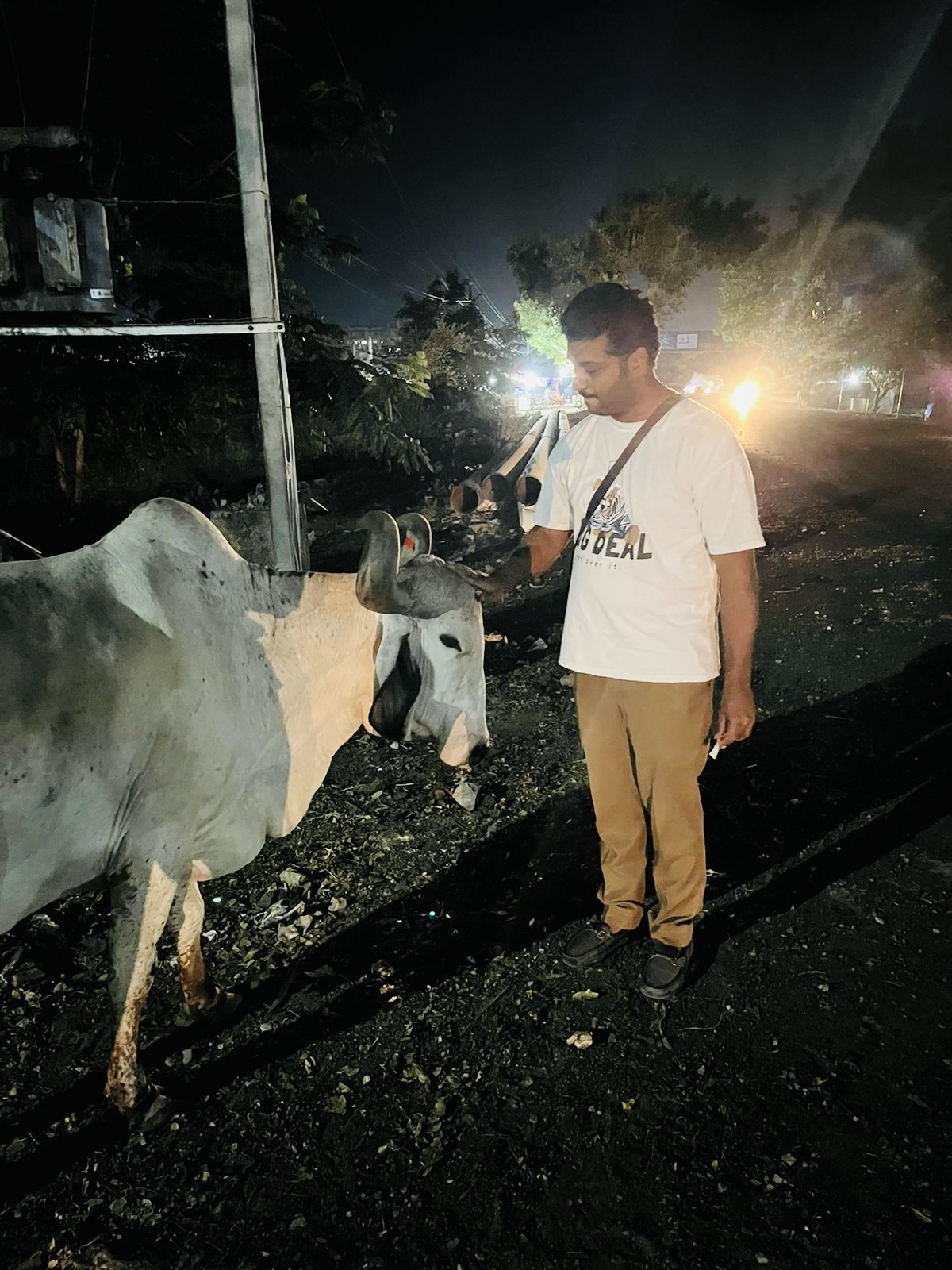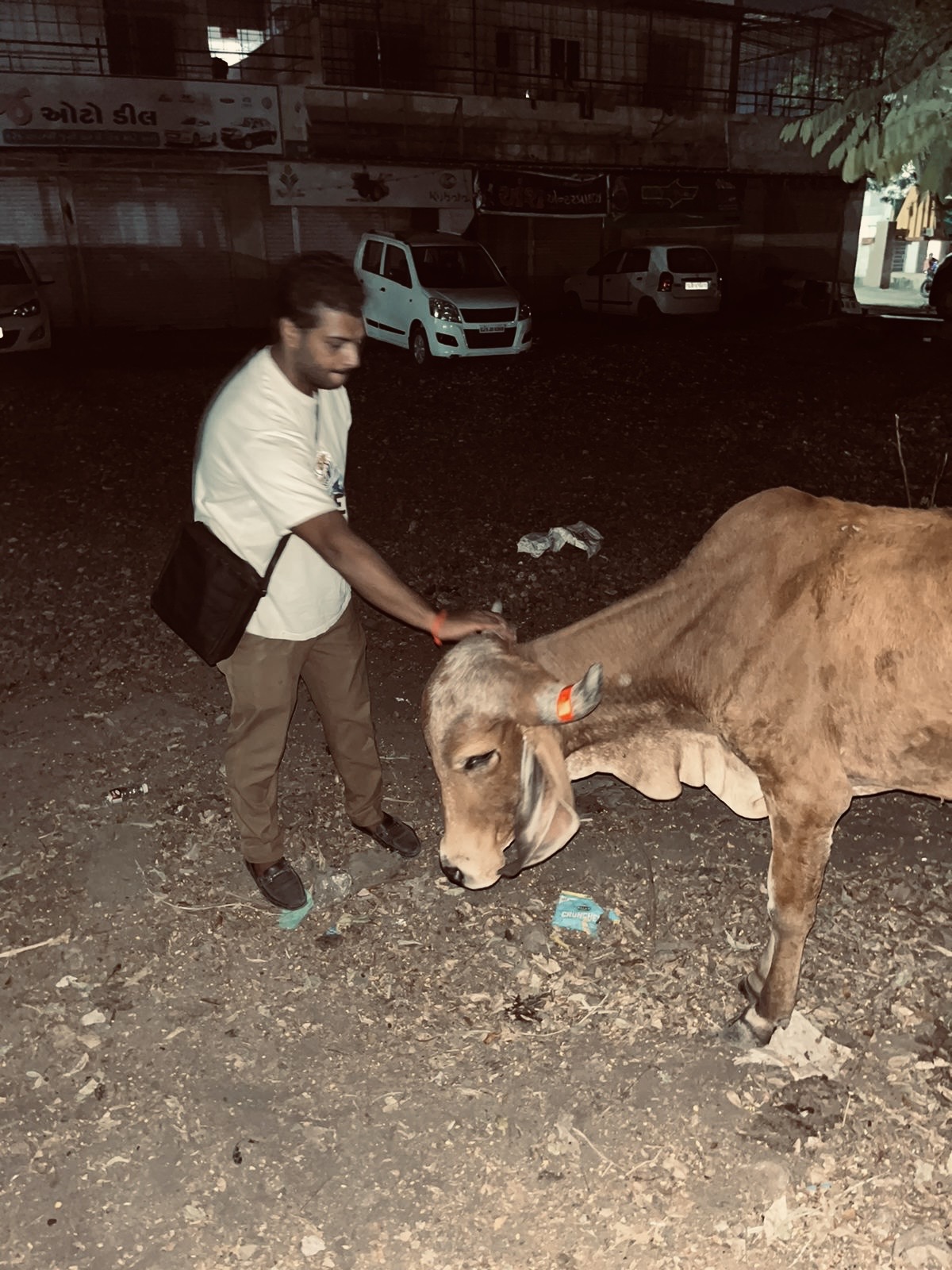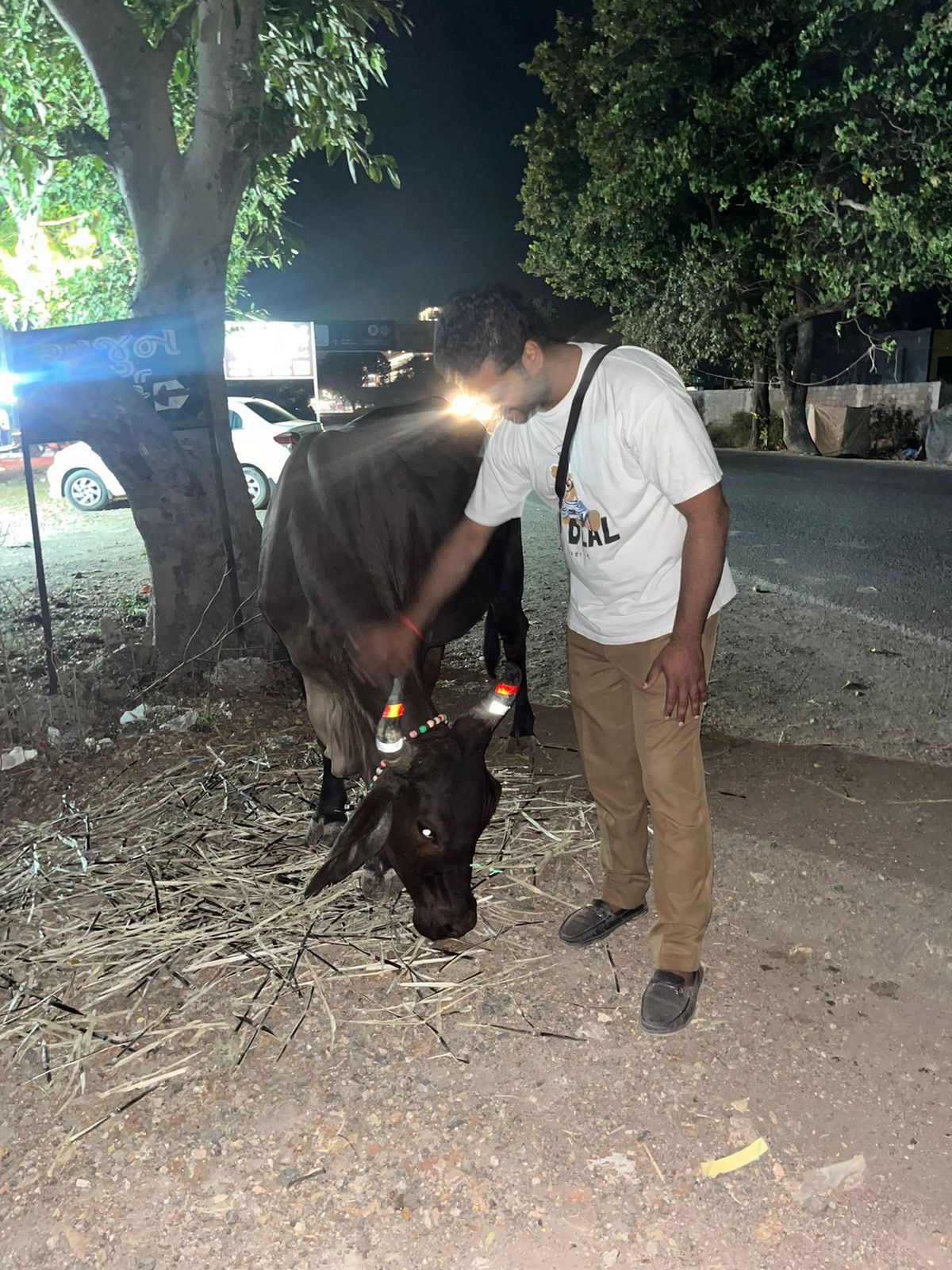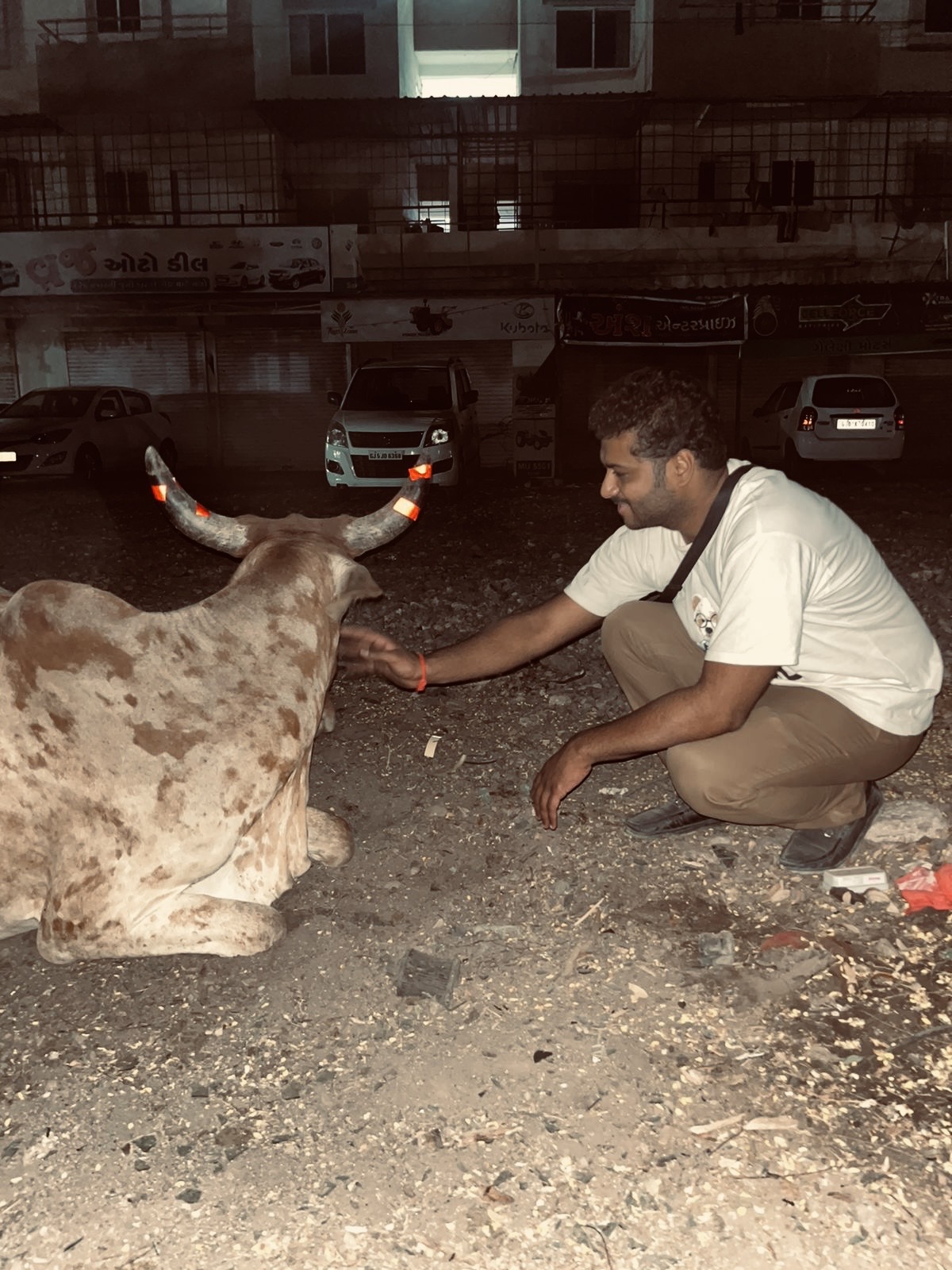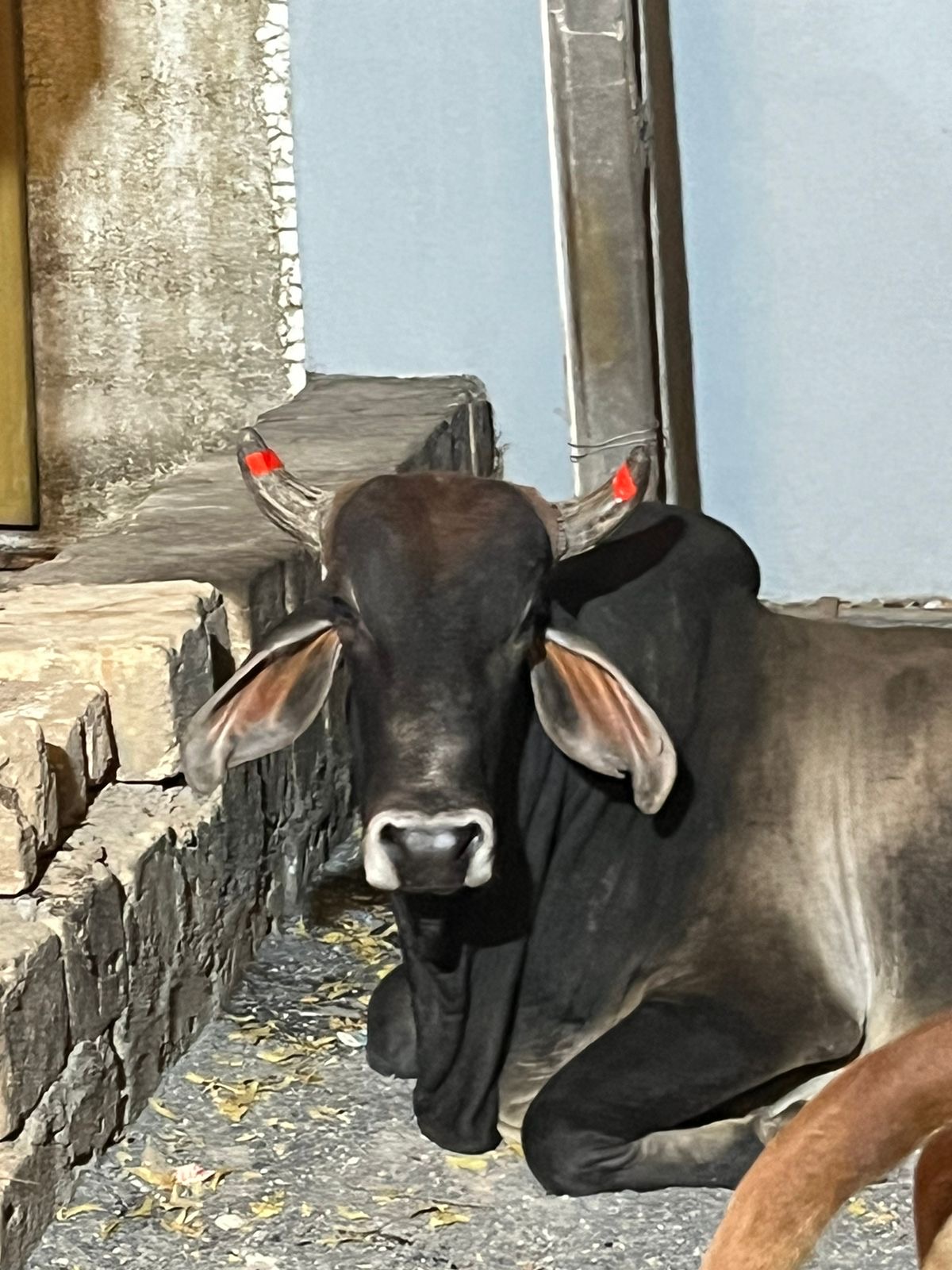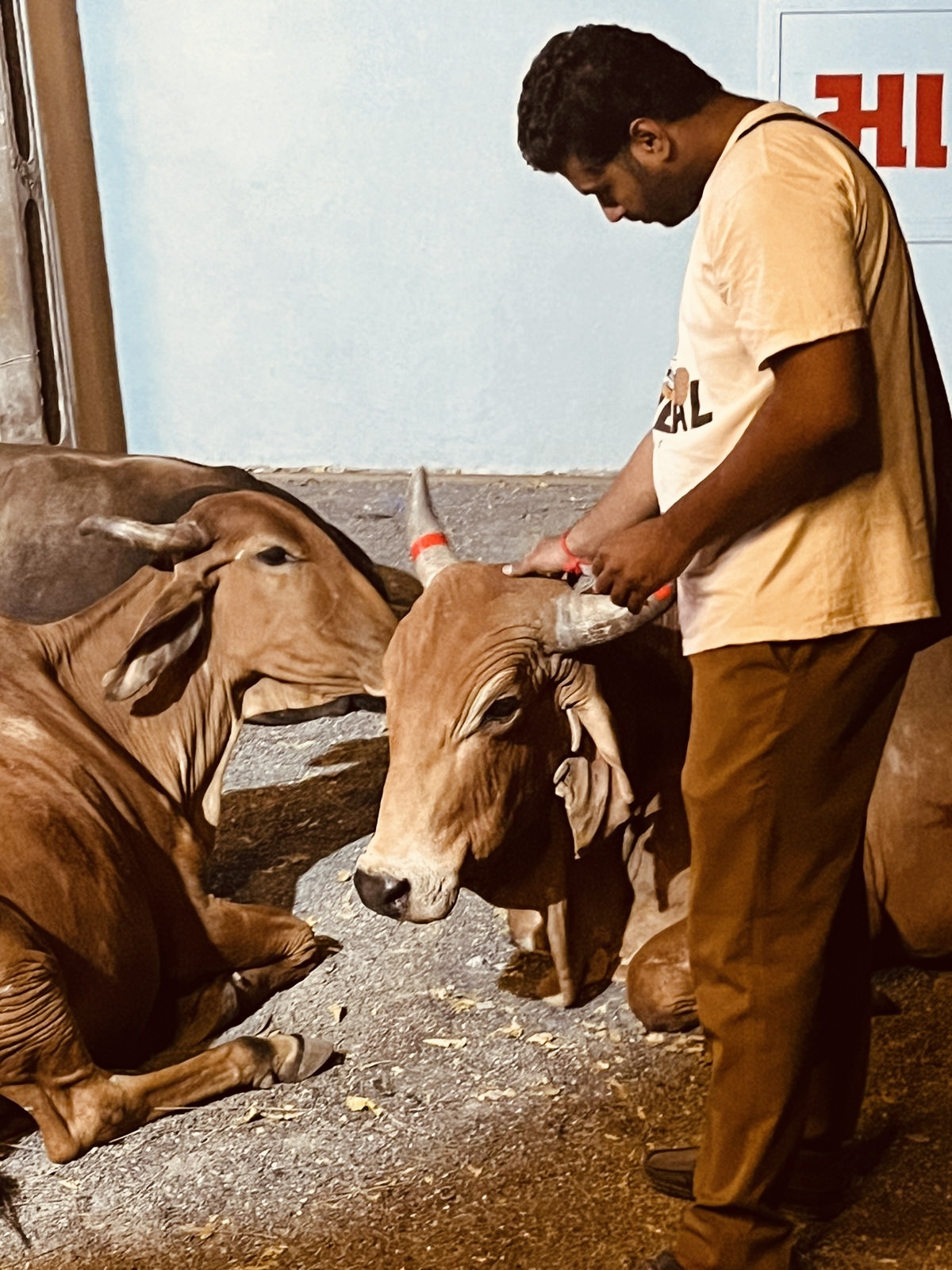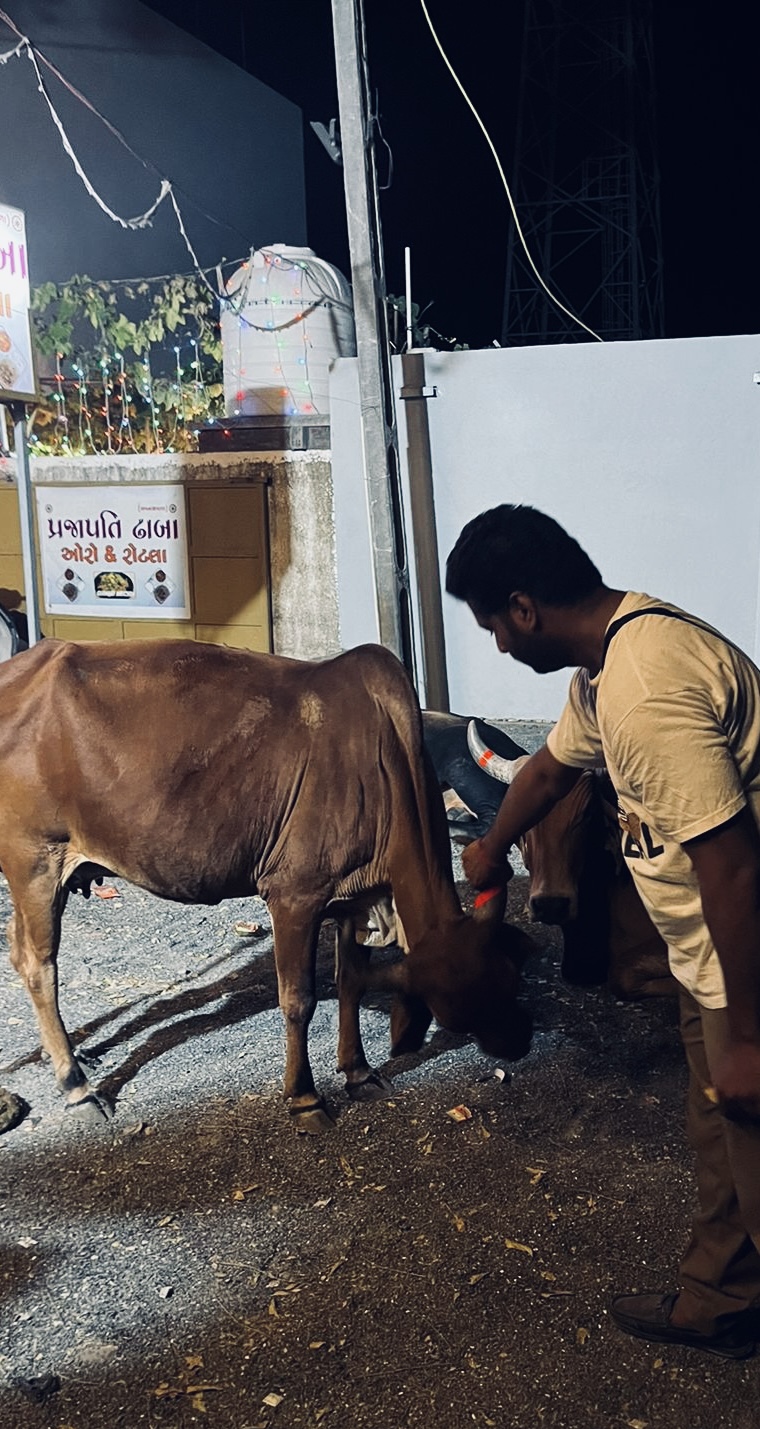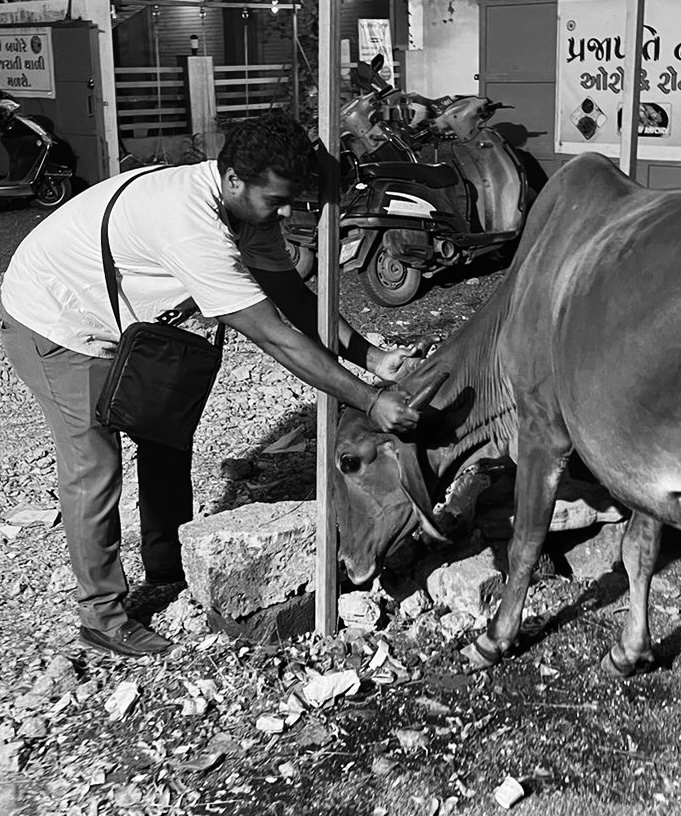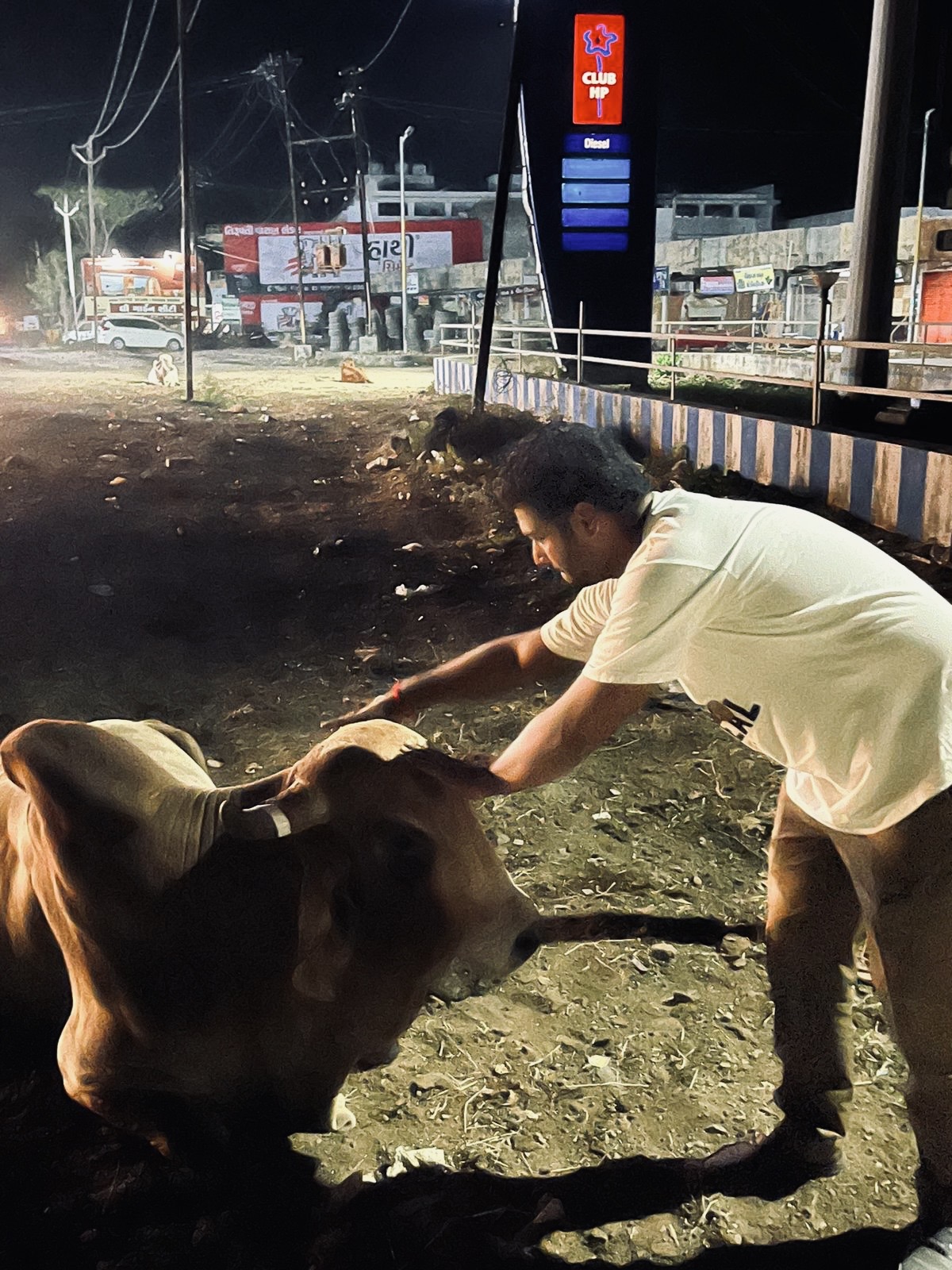.png)
As an avid animal lover, my passion for wildlife runs deep. I Sunil Shiyani has always believed that animals, whether in the wild or in our care, deserve respect, compassion, and protection. My love for animals goes beyond admiration—I’m committed to actively improving their well-being and health.
Whether it’s through hands-on care, supporting conservation efforts, or simply educating others on how to respect and protect wildlife, I take every opportunity to make a positive difference. I understand the unique needs of each species and strive to create environments that allow them to thrive, all while fostering a deep connection between humans and the incredible creatures we share our world with.
Exploring the natural world and encountering wildlife up close is an unforgettable adventure. Whether you’re trekking through mountains, exploring forests, or venturing into the wild, observing animals in their natural environment can be life-changing.
However, as human activities increasingly intersect with wildlife, it becomes essential to ensure that our encounters are respectful and sustainable. Observing animals ethically not only protects them but also ensures that future generations can enjoy these incredible moments.
In this guide, I’ll explore ethical practices for observing wildlife in their natural habitats. By following these principles, you can enjoy the beauty of nature while minimizing your impact on the environment and the animals you encounter.
1. Research Before You Go
Before setting off on your wildlife adventure, it’s essential to research the animals and habitats you’re planning to visit. Understanding the behavior, migration patterns, and needs of the animals you’re likely to encounter will help you avoid disturbing them. Learning about the ecosystem will also give you a deeper appreciation of the animals and their environment.
Additionally, research the regulations and guidelines of the area you plan to visit. Some regions have specific rules for wildlife observation, including designated viewing areas, restricted times for visits, and limits on the number of visitors allowed.
2. Keep a Safe Distance
One of the most important ethical practices when observing wildlife is to maintain a safe distance. Approaching animals too closely can cause them stress, alter their natural behaviors, or even put you in danger. Most animals have personal boundaries, and encroaching on their space may make them feel threatened or provoke an aggressive response.
To guarantee the safety of both you and the wildlife:
-
Use binoculars or a camera with a zoom lens to get a closer look without invading their space.
-
Refrain from loud noises or sudden movements that might disturb the animals.
-
Respect any physical barriers, such as fences or signs, that indicate safe distances.
3. Do Not Feed the Animals
Feeding wild animals may seem like a harmless or even kind act, but it can have negative long-term consequences. When animals become accustomed to human food, they may become dependent on it, leading to malnutrition or altered behaviors.
In some cases, animals that have been fed by humans become more aggressive and lose their natural fear of people, which can result in dangerous encounters. Moreover, human food is often not suitable for wildlife and can cause digestive problems, illness, or even death.
4. Stay on Designated Trails
Sticking to marked trails is another key element of ethical wildlife observation. Many habitats are fragile, and wandering off the trail can damage delicate ecosystems, trample plants, and disturb the homes of small animals.
By staying on designated paths, you not only protect the environment but also reduce the risk of encountering wildlife in unexpected ways.
Trails are often designed to guide you through the best wildlife viewing areas, allowing you to observe animals without disrupting their natural movements or nesting sites.
5. Respect Animal Behavior
When observing wildlife, it’s important to be mindful of the animals’ natural behavior. Different species have varying responses to human presence, and understanding their body language can help you gauge whether you’re causing them stress.
If an animal changes its behavior—such as stopping to eat, moving away from you, or showing signs of agitation—it’s a sign that you may be too close or acting in a way that is disturbing them.
Respect the animals’ need for space and privacy. Breeding, feeding, and nesting are crucial parts of their lives, and interrupting these activities can have long-lasting effects on their survival.
6. Leave No Trace
One of the most important principles of ethical wildlife observation is to "leave no trace." This means ensuring that your presence in the animals’ habitat has as little impact as possible.
Carry out all trash, avoid picking plants or disturbing natural elements, and leave the environment exactly as you found it.
Leaving no trace also extends to photography. Be mindful of your surroundings when setting up equipment and avoid disturbing wildlife to get a shot. Respect nature by allowing animals to behave naturally without interference.
7. Choose Eco-Friendly Tours
If you’re interested in guided wildlife tours, opt for companies that prioritize sustainability and ethical practices. Eco-friendly tours are committed to minimizing their environmental footprint and ensuring that wildlife is observed in a responsible manner.
These tours often contribute to conservation efforts and educate participants on the importance of protecting wildlife and their habitats.
Look for tour operators that are certified by reputable conservation organizations, such as the Global Sustainable Tourism Council (GSTC), to ensure that you’re supporting responsible wildlife tourism.
Wrap Up
Observing wildlife in their natural habitat can be a truly rewarding experience, but it’s essential to do so responsibly and ethically. As travelers, adventurers, and nature lovers, it’s our duty to ensure that future generations can experience the wonder of wildlife just as we have.
Ethical wildlife observation is not only about enjoying the moment—it’s about preserving these incredible species and their habitats for years to come. With thoughtful preparation and a deep respect for nature, your wildlife encounters can be both inspiring and sustainable.








